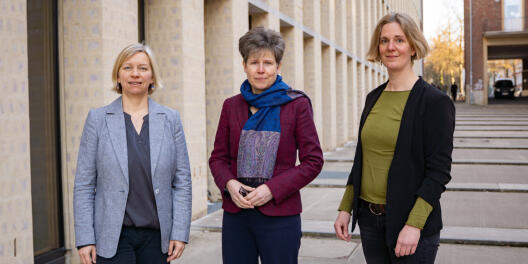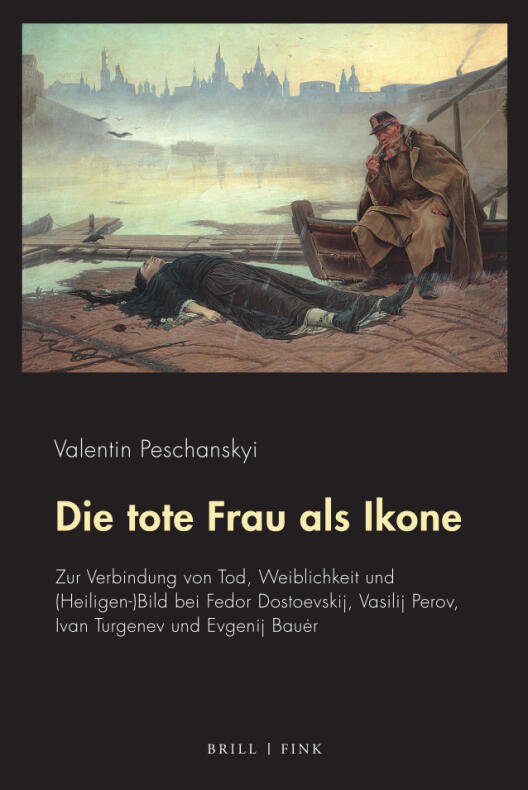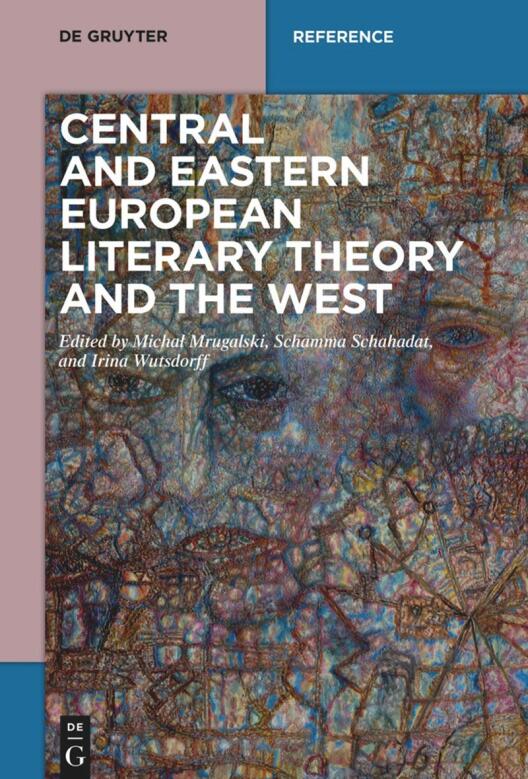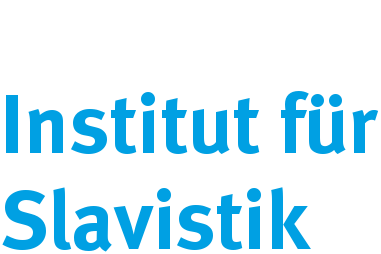

News from the Institute of Slavic Studies
Icons – a symbol of Russian identity between tradition, religion and politics
Interview with Slavic scholar Irina Wutsdorff and Daniela Amodio

In the interview series ‘Research at the Cluster of Excellence “Religion and Politics’, Irina Wutsdorff and Daniela Amodio talked about their academic work on references to traditional icon painting in 19th and 20th century Russian art and literature. Icons were originally cult and saint images of the Eastern Churches. However, they were elevated to symbols of this very tradition by the so-called Slavophiles, followers of a Russian philosophical-political ideology in the 19th century that emphasised Russia's independence from Western Europe. Thus, icons differed from the Western European and Western Church pictorial tradition.
In their research project ‘Between Religious Tradition and Aesthetic Innovation: The A-Mimetic Nature of Icons in Russian Art and Literature of the 19th and 20th Centuries,’ Slavic scholars Irina Wutsdorff and Daniela Amodio examine the tension surrounding references to the icon tradition. In a video and a written interview, they explain their research.

Neuerscheinung: Dmytro Čyževs’kyj and Prague – Perspectives of Intellectual Entanglement
Thematic Block in: Slovo a smysl. Word & Sense 46 XXII (2025), 13-120. (open access)
Guest Editor: Irina Wutsdorff
Hier können Sie es finden.
Guest Editor: Irina Wutsdorff
Hier können Sie es finden.
The thematic block ‘Dmytro Čyževs’kyj and Prague: Perspectives of Intellectual Entanglement’ with contributions by Renate Lachmann (Konstanz), Josef Vojvodík (Praha),Irina Wutsdorff (Münster), Roman Mnich (Warszawa), Patrick Flack (Fribourg) and Maxim Demin (Bochum)goes back to a workshop with this title that took place at the Masaryk Institute and Archive of the CAS in Prague from 18–20 January 2024.
The workshop focussed on Dmytro Čyževs’kyj and his stay in Prague (1924–1932) as an example of intellectual entanglement in 20th century Central Europe. When living in Prague, Čyževs’kyj was simultaneously involved in the Ukrainian and Russian émigré communities. He taught at the Mykhailo Drahomanov Ukrainian Pedagogical Institute as well as in the Ukrainian Free University and was a member of the Ukrainian Historical-Philological Society. At the same time, he participated in the work of the Prague Linguistic Circle and the Philosophical Society at the Russian Free University. Interwar Prague was a place of intercultural intellectual exchange and entanglement, where several traditions of thinking came together or were confronted with each other — a configuration which was true for differing political positions as well.
Taking Čyževs’kyj’s involvement in intersecting communities in interwar-Prague as a starting point, the workshop combined literary theoretical and literary-historical as well as philosophical and philosophical-historical approaches to this phenomenon of intellectual entanglement.
Neuerscheinung: Valentin Peschanskyi - Die tote Frau als Ikone. Zur Verbindung von Tod, Weiblichkeit und (Heiligen-)Bild bei Fedor Dostoevskij, Vasilij Perov, Ivan Turgenev und Evgenij Bauėr.

Abstract: Die zum Reflexionsbild erstarrte Frauenleiche ist ein zentrales Motiv der europäischen Kunst, das sein russisches Kulturspezifikum durch die Verbindung mit der orthodoxen Ikone erhält. Die Studie untersucht die Transformationen lebendiger Frauenfiguren zu toten Bildkörpern und geht deren Funktions- und Bedeutungsvielfalt nach. Die hier betrachteten (Bewegt-)Bilder und Texte stellen den weiblichen Leichnam als (Heiligen-)Bild in vielschichtige ästhetisch produktive Spannungsfelder: zwischen Kult und Kunst, Dies- und Jenseits, Form und Zerfall, Ethik und Ästhetik. Insofern sie dabei auch das Verhältnis von Russland und (West-)Europa sowie zwischen Tradition und sich anbahnender Moderne verhandeln, problematisieren die Werke virulente Fragen der Zeit, Umbrüche und Krisen sowohl ästhetisch-poetologischer als auch religiöser, philosophischer, medialer, ethischer und sozialer Natur.
Neuerscheinung

Marie-Sofia Trautmann, Verena Meyer, Rasmus Hahn:
Zehn Jahre Krieg: Ukrainische Tagebücher und Aufzeichnungen und der Einfluss des Kriegsgeschehens
In: Schnittstelle Germanistik. Forum für Deutsche Sprache, Literatur und Kultur des mittleren und östlichen Europas. Jahrgang 4, Ausgabe 1 (2024). Sondernummer zum Themenschwerpunkt Die Ukraine. Am Schnittpunkt europäischer Traditionen, hg. von Amy-Diana Colin und Steffen Höhne. S. 259-275.
Online können Sie hier auf die Ausgabe zugreifen.
Der Artikel entstand im Rahmen des Seminars “Kriegstagebücher und -aufzeichnungen aus der Ukraine”, das im WiSe 2023/24 an der Universität Münster unter der Leitung von Prof. Dr. Irina Wutsdorff stattfand.
Neuerscheinung: Central and Eastern European Literary Theory and the West

Wir möchten Sie auf die Erscheinung des Handbuchs zur Central and Eastern European Literary Theory and the West aufmerksam machen, das von Michał Mrugalski , Schamma Schahadat und Irina Wutsdorff herausgegen wurde. Das Handbuch ist vollständig im Open Access zugänglich.
Zum Inhalt
Literary theory flourished in Central and Eastern Europe throughout the twentieth century, but its relation to Western literary scholarship is complex. This book sheds light on the entangled histories of exchange and influence both within the region known as Central and Eastern Europe, and between the region and the West. The exchange of ideas between scholars in the East and West was facilitated by both personal and institutional relations, both official and informal encounters. For the longest time, however, intellectual exchange was thwarted by political tensions that led to large parts of Central and Eastern Europe being isolated from the West. A few literary theories nevertheless made it into Western scholarly discourses via exiled scholars. Some of these scholars, such as Mikhail Bakhtin, become widely known in the West and their thought was transposed onto new, Western cultural contexts; others, such as Ol’ga Freidenberg, were barely noticed outside of Russian and Poland. This volume draws attention to the schools, circles, and concepts that shaped the development of theory in Central and Eastern Europe as well as the histoire croisée – the history of translations, transformations, and migrations – that conditioned its relationship with the West.

